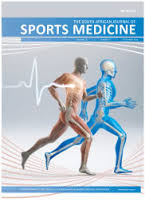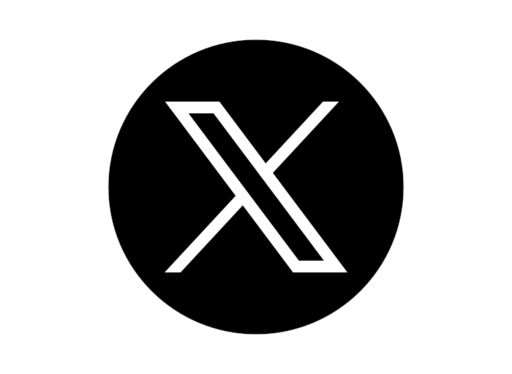Development, validation and reliability of a questionnaire to evaluate coaches' and players' perceptions, learning, and resources regarding the ruck in rugby union
DOI:
https://doi.org/10.17159/2078-516X/2024/v36i1a17109Abstract
Background: The lack of a reliable research tool for assessing the attitudes, behaviours, and learning resources of rugby coaches and players regarding the ruck event is a significant gap in rugby research.
Objectives: This study aimed to adapt an existing questionnaire focused on the tackle event and to validate and establish the reliability of the instrument. The questionnaire explores the attitudes, behaviours, and learning resources of rugby coaches and players, with a focus on the ruck event and its impact on coach and player development, as well as coaching practices.
Methods: A seven-step design process was followed to validate the questionnaire’s content, construct, clarity, and relevance. A panel of 12 experts evaluated the questionnaire, followed by a test-retest procedure involving 15 coaches and 16 players, highlighting the effectiveness of this questionnaire, and emphasising its potential to generate data that can impact the field of rugby coaching and player development.
Results: The questionnaire was deemed appropriate and clear by the expert panel, with an average completion time of 22 minutes. Moderate to good agreement was observed among players (ICC Agreement = 0.71) and coaches (ICC Agreement = 0.88), with high response consistency (ICC Consistency = 0.71 for players and 0.87 for coaches). Significant agreement was also found in Kendall’s W scores (players = 0.85, coaches = 0.93, p<0.01).
Conclusion: This study presents a developed questionnaire noted for its clarity, reliability, and consistency. It serves as a valuable tool for future rugby research, with the potential to impact coach and player development significantly.
Downloads
Downloads
Published
Issue
Section
License
Copyright (c) 2024 South African Journal of Sports Medicine

This work is licensed under a Creative Commons Attribution 4.0 International License.
The South African Journal of Sports Medicine reserves copyright of the material published. The work is licensed under a Creative Commons Attribution 4.0 (CC BY 4.0) International License. Material submitted for publication in the South African Journal of Sports Medicine is accepted provided it has not been published elsewhere. The South African Journal of Sports Medicine does not hold itself responsible for statements made by the authors.
How to Cite
- Abstract 399
- PDF 339
- PDF (Supplementary) 96






.png)